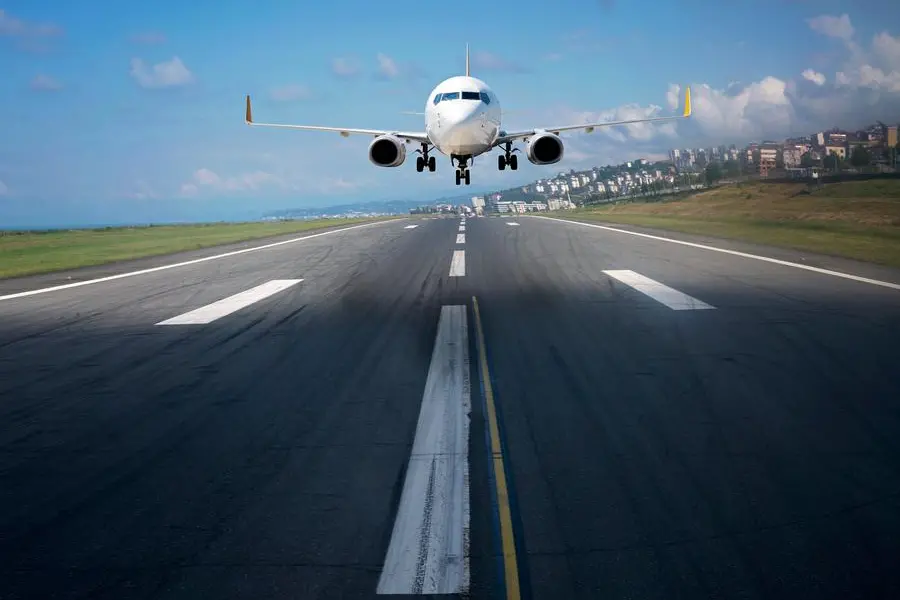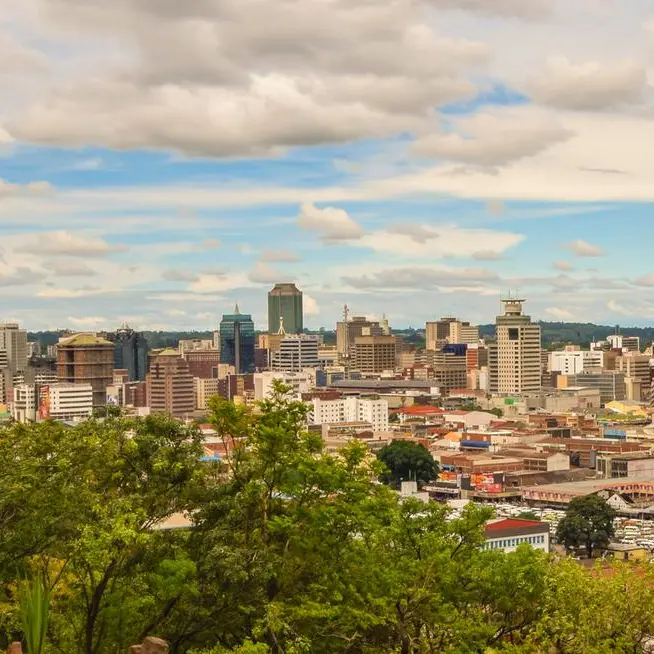PHOTO
Travellers within the continent not only pay higher ticket prices but also more tax to board a commercial aircraft.
This emerged at the just-ended World Travel and Tourism Council (WTTC) global summit in Kigali, Rwanda.
Speakers at the high-profile event—heads of state, business executives, and travel experts—said intra-Africa air travel remains prohibitive.
“It is often cheaper to fly to another continent than to another African country,” they said as the meeting drew to a close.
They cited an air ticket between Berlin in Germany and Istanbul costing a mere $150 for a direct flight taking less than three hours.
Flying a similar distance between Kinshasa and Lagos in Nigeria would cost between $500 and $850, with the trip taking up to 20 hours.
On the other hand, the cost of a flight from Entebbe in Uganda to the Kenyan port of Mombasa (916km) will cost up to $200.
This is roughly eight times the cost of flying the same distance in Europe.
There are also reports that a flight from Kampala to Arusha costs a staggering $480.
Yet one can fly from Washington to Dallas (both in the vast US) using only $180, with a longer distance compared to Entebbe-Arusha.“This makes doing business within Africa incredibly difficult and expensive,” said Kamil al Awadhi,the regional vice president for Africa and the Middle East of the International Air Traffic Association (Iata).
An assistant professor of commercial law at the UK’s Durham University, Adefolake Adeyeye, agrees that Africa as a whole is missing out because of its poor air service.
However, according to her, the poor quality of road networks and lack of railways in many African countries often make air transport the practical choice for cargo too.
Although around 18 percent of the world’s population lives in Africa, it accounts for less than 2 percent of global air.
President Paul Kagame of Rwanda, the summit host, said the high cost of air travel to Africa and within Africa remains a barrier to the growth of the tourism sector.
He said the situation was due to, among others, the failure to implement the Single African Air Transport Mar-ket (SAATM).
SAATM has been approved by the African Union (AU) with a view to opening up Africa’s skies and promoting the value of aviation throughout the continent.
It is also envisaged to boost traffic, drive economies, and create jobs, but it has been signed by only 34 of the 55 AU member states.
But once fully operationalized, SAATM can also open avenues for even better cooperation between different countries where the continent can work out modalities to market Africa as a single tourist destination.
The Rwandan leader made a rallying call on African states to liberalise their airspace “as a way to unlock the potential that the continent possesses in the tourism sector”.
In order for Africa to fully harness emerging sectors like travel and tourism, travel industry experts insist on the need to implement SAATM.
For a continent that is acutely short on other critical infrastructure like roads and maritime transport, air travel is the only option left to ease intra-Africa movement.
However, liberalisation of airspace on the continent has to go along with the removal of the still prevalent visa restrictions in Africa.
The bottom line, nevertheless, remains that many sovereign African countries are hesitant to implement open-sky policies.
Many countries, short of cash to run their respective aviation facilities, heap all sorts of taxes on passengers.
Taxes on airline operations range from common user terminal and jetway charges to noise, landing, parking, passenger bus, counter firefighting, and lighting, which were a huge burden.
The African Airlines Association report in 2021 indicated that passengers in Africa pay around $50 in taxes as opposed to $30.25 in Europe and $29.65 in the Middle East for the same flight hours.
Intra-African flights are 45 percent more expensive than flights across the globe. This consequently makes the demand for air travel in Africa, the world’s second largest continent, low.
The situation is equally not rosy for the East African Community (EAC) states, where passengers are forced to pay heavily for taxes and fees on international departures.
© Copyright 2022 Nation Media Group. All Rights Reserved. Provided by SyndiGate Media Inc. (Syndigate.info).





















